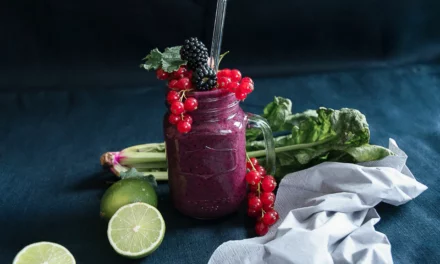Food waste is a global issue, with a significant environmental and economic impact. In Canada alone, an estimated 31% of all food produced is wasted [Source: National Zero Waste Council]. This translates to wasted resources, increased greenhouse gas emissions, and unnecessary strain on our food systems. Fortunately, there are simple and effective ways to minimize food waste in your own kitchen, adopting the mantra of “Reduce, Reuse, Re-toast”:
Reduce:
- Plan your meals: Planning your meals for the week and creating a shopping list based on your plan helps you avoid impulse purchases and overbuying.<
- Buy the right amount: Stick to your list and only buy what you need. Consider buying smaller quantities more frequently to avoid spoilage, especially for perishable items.
- Understand “use by” and “best before” dates: “Use by” dates indicate safety, while “best before” dates indicate quality. Food is still safe to consume past the “best before” date, but the texture or flavor may not be at its peak.
- Store food properly: Learn the proper storage techniques for different food groups. This can extend their shelf life and prevent spoilage.
- Be mindful of portion sizes: Cooking only what you need can significantly reduce waste. Leftovers are great, but be realistic about how much you’ll actually consume.
Reuse:
- Get creative with leftovers: Leftovers don’t have to be boring! Repurpose them into new dishes like soups, stir-fries, or casseroles. Leftover vegetables can be roasted, steamed, or added to omelets.
- Embrace “ugly” produce: Don’t be afraid of fruits and vegetables that aren’t perfectly shaped. They are just as nutritious and delicious, and often come at a lower price.
- Compost food scraps: Food scraps like vegetable peels, eggshells, and coffee grounds can be composted instead of being thrown away. Composting creates nutrient-rich fertilizer for your garden, reducing waste and promoting sustainability.
- Rethink packaging: Choose products with minimal packaging, and when possible, opt for reusable containers for storing food.
Re-toast:
- Revive stale bread: Don’t toss out stale bread! Toast it for croutons, breadcrumbs, French toast, or bread pudding.
- Wilt doesn’t mean waste: Slightly wilted vegetables can be revived by soaking them in cold water or using them in soups, stews, or stir-fries.
- Reimagine overripe fruit: Overripe fruit is perfect for smoothies, jams, compotes, or baking. You can also freeze overripe fruit for future use in smoothies or baking.
Bonus Tips:
- Invest in reusable shopping bags: This not only reduces plastic waste but also helps you plan your purchases as you can see what you already have at home.
- Support food banks and donation programs: Donate unopened, non-perishable food to local food banks or shelters, ensuring it reaches those in need.
By incorporating these tips into your daily routine, you can significantly reduce food waste in your kitchen. Remember, even small changes can make a big difference. Together, we can create a more sustainable and responsible food system for ourselves and future generations.










